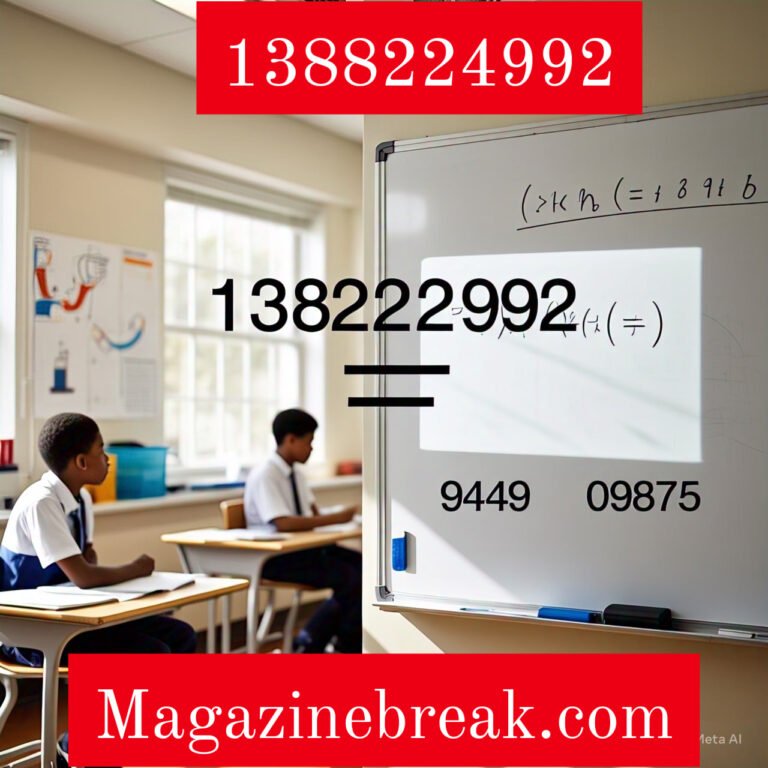
Introduction
Mathematics is an essential subject that lays the foundation for logical reasoning and problem-solving skills in children. Introducing math concepts at an early age can make learning enjoyable and effective. This article explores various engaging and user-friendly math activities tailored for young learners, aiming to make math fun and accessible.
1. Interactive Number Games
Memory Match with Numbers
Memory games are excellent tools for enhancing memory and number recognition. By using cards with numbers and corresponding quantities, children can match pairs, reinforcing their understanding of numbers and their relationships.
Bingo with Numbers
A classic game of bingo can be adapted to teach number recognition and counting. By calling out numbers and having children mark them on their cards, they practice identifying numbers and improve their listening skills.
Number Line Hop
Creating a number line on the floor and having children hop to the correct number when called out helps in reinforcing number order and counting skills. This physical activity also adds an element of fun to learning.
2. Hands-On Manipulative Activities

Building with Blocks
Using blocks of various shapes and sizes, children can build structures, which aids in understanding spatial relationships and basic geometry concepts. This activity also encourages creativity and problem-solving.
Sorting and Categorizing Objects
Providing a variety of objects for children to sort based on attributes like color, size, or shape helps in developing classification skills and understanding patterns, which are fundamental in mathematics.
Using Abacuses
Abacuses are traditional tools that assist in teaching counting and simple arithmetic. By manipulating the beads, children can visualize mathematical operations, enhancing their understanding of numbers.
3. Creative Math Art Projects
Shape Collages
Encouraging children to create collages using different geometric shapes helps in recognizing shapes and understanding their properties. This activity combines art with math, making learning more engaging.
Symmetry Art
Introducing the concept of symmetry through art projects allows children to explore symmetry in a hands-on manner. By folding paper or drawing symmetrical patterns, they grasp the concept visually and practically.
Pattern Creation
Using colored papers or objects, children can create repeating patterns, which aids in understanding sequences and patterns, essential concepts in mathematics.
4. Math in Everyday Activities
Cooking with Measurements
Involving children in cooking activities where they measure ingredients introduces them to concepts of measurement and fractions. It also provides practical applications of math in daily life.
Shopping Role-Play
Setting up a mock store where children use play money to buy and sell items teaches them about numbers, addition, subtraction, and the concept of money.
Gardening Projects
Planting seeds and measuring their growth allows children to apply counting and measurement skills in a real-world context, making math more relevant and interesting.
5. Digital Math Games
Educational Math Apps
There are numerous apps designed to make learning math fun. These apps offer interactive games that cover various math topics, providing instant feedback and rewards to keep children motivated.
Online Math Puzzles

Websites offering math puzzles and games can be a fun way for children to practice problem-solving skills. These puzzles range from simple arithmetic to more complex challenges, catering to different skill levels.
Virtual Math Quizzes
Organizing online quizzes with math questions can be an engaging way to assess children’s understanding and reinforce concepts learned.
Conclusion
Incorporating engaging and interactive math activities into early education fosters a positive attitude towards mathematics. By using games, manipulatives, creative projects, real-life applications, and digital tools, children can develop a strong mathematical foundation. These activities not only make learning enjoyable but also enhance critical thinking and problem-solving skills, preparing young learners for future academic success.
FAQs
Q1: At what age should children start learning math?
Children can begin learning basic math concepts as early as preschool age. Introducing simple concepts like counting, shapes, and patterns can be beneficial.
Q2: How can I make math more fun for my child?
Incorporate games, hands-on activities, and real-life applications into learning. Using toys, cooking, and outdoor activities can make math more engaging.
Q3: Are digital math games effective for learning?
Yes, educational apps and online games can be effective tools for reinforcing math concepts. They provide interactive and personalized learning experiences.
Q4: How can I assess my child’s math skills?
Observing your child’s ability to count, recognize numbers, solve simple problems, and apply math in daily activities can provide insights into their math skills.
Q5: What resources are available for math activities?
There are numerous books, websites, and apps that offer a variety of math activities. Local libraries and educational stores also provide resources for hands-on learning.






